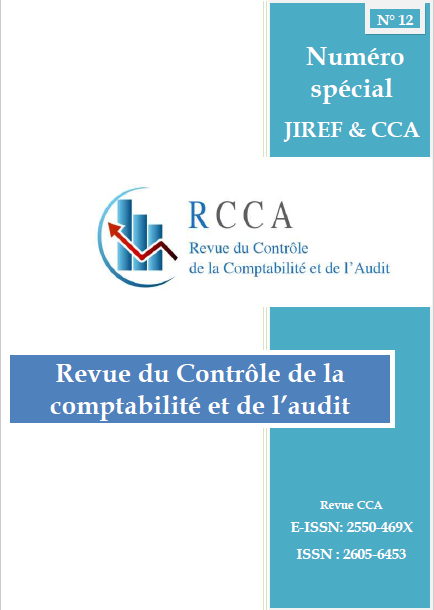ADJUSTING EARNINGS BEFORE INTERESTS, TAX DEPRECIATION AND AMORTIZATION : WHEN AND HOW ?
Abstract
EBITDA is often used as a measure of a company's ability to generate cash. EBITDA takes into account the income and expenses incurred by the company's day-to-day operations and is readily available in a company's financial statements. On the other hand, the EBITDA of a company cannot be used as a benchmark unless it has been standardized through adjustments. These restatements include, for example, variations in production, payment of rent and personnel, taxes, changes in working capital, or extraordinary expenses that may have unusually affected a company's performance over an accounting period. The purpose of this article is to analyze in which context the adjusted EBITDA can be used, how it can be reported and what are the possible adjustments. This will be done through three case studies: - A company operating in the service industry (e.g.: hotel and catering) - A company selling professional equipment (e.g.: plumbing) - A company acquiring another company















